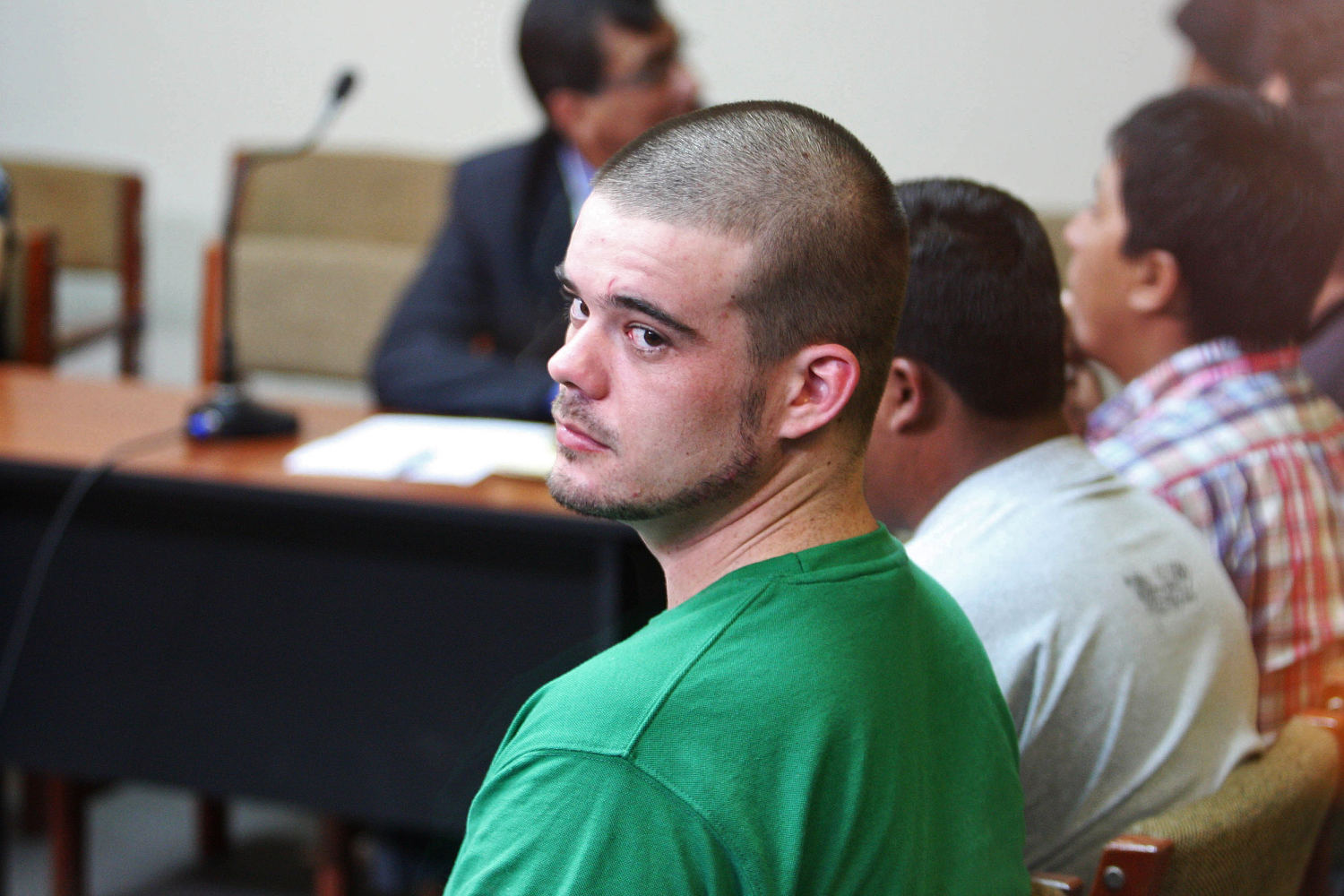[ad_1]

Joran van der Sloot, the Dutch man suspected in the 2005 disappearance of Natalee Holloway, will appear Wednesday for a plea and sentencing hearing in a case alleging that he aimed to extort hundreds of thousands of dollars from the woman’s family, according to court records filed Friday.
Additional details about the plea were not immediately available. Neither his lawyer in the United States nor the U.S. Attorney’s Office for Alabama’s Northern District immediately responded to requests for comment.
The hearing is scheduled for 9:30 a.m. in Birmingham federal court.
A federal grand jury indicted van der Sloot in 2010 on two counts connected to the scheme — wire fraud and extortion.
Van der Sloot was extradited in June to the United States from Peru, where he is serving a 28-year sentence in a separate case for the 2010 murder of 21-year-old Stephany Flores.
Holloway, 18, of suburban Birmingham, vanished during a high school graduation trip to Aruba. She was last seen leaving a bar with van der Sloot, then a student at an international school on the Caribbean island.
Holloway’s body was never found. Van der Sloot was arrested in the case but later released and never charged.
In 2012, an Alabama probate judge declared Holloway legally dead.
In 2010, a federal grand jury accused van der Sloot of trying to extort hundreds of thousands of dollars from Holloway’s family over a promise to provide details of the location of her body.
Holloway’s mother sent a $25,000 down payment to van der Sloot — her representative had agreed to pay him $225,000 more when her remains were positively identified — even though van der Sloot knew the information he provided was “worthless,” the U.S. Attorney’s Office for Alabama’s Northern District said in 2010.
Van der Sloot kept the $25,000 and spent it on gambling, his lawyer said earlier this year.
The lawyer, Máximo Altez, told the Associated Press that van der Sloot agreed to be extradited to the United States because he was behind bars in “worst prison in the world” — the maximum-security Challapalca prison.
“Any prison in the United States is a five-star hotel” in comparison, Altez told the AP.
[ad_2]
Source link
